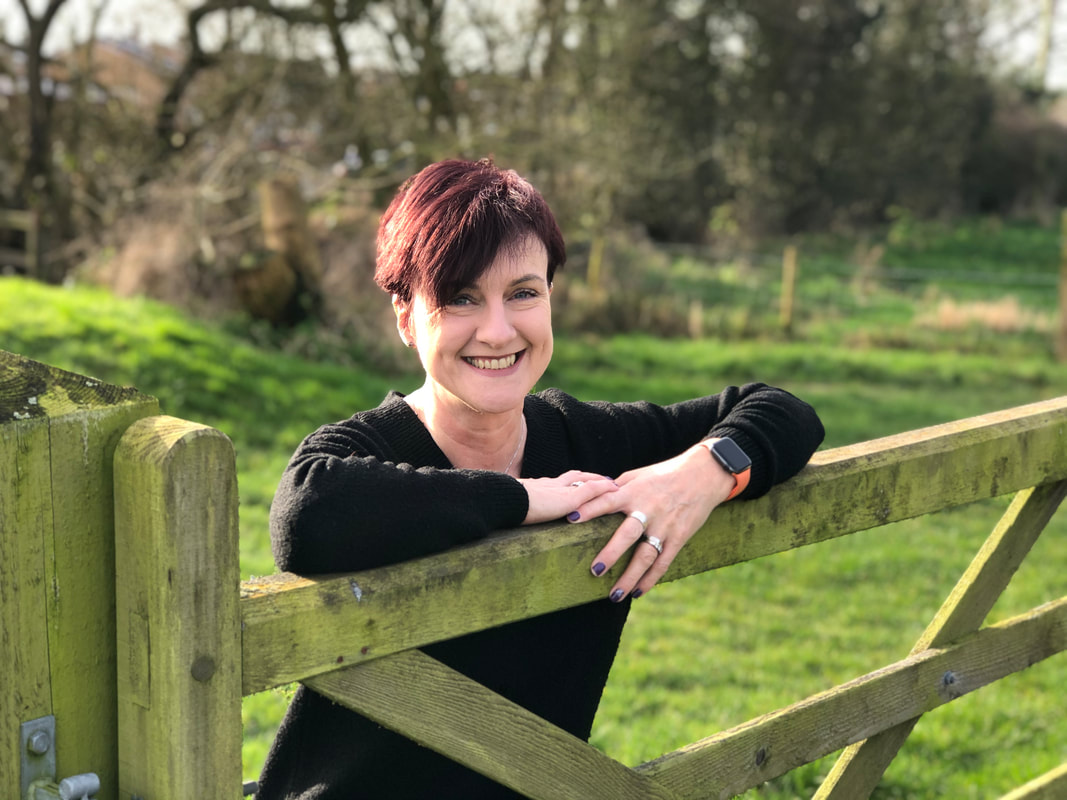|
What is Counselling?
Counselling is what is sometimes called ‘talking therapy’, and this is a safe, confidential space for you to talk about anything that you may want to change in your life, or simply explore your feelings or thoughts. Counselling is not about being advised on what you should do rather exploring your thoughts and feelings to try and uncover the root causes of problems you may be facing. It can help you understand, accept and overcome emotional issues or problems which may be quite long-standing. Sometimes it may be difficult to discuss things with family or close friends and talking with someone who is not emotionally involved and impartial can be easier. A counsellor will take time to just listen to you without judgement in confidence. People go to counselling for many different reasons, which can include-
This is not an exhaustive list and people go for therapy for many different reasons such as job worries or losses, the death of a much-loved pet for instance. Counselling is not always for people who have reached crisis point, it can also be a preventative measure, to manage difficult emotions before they get worse. Although in the past it has been the norm for counselling to take place face-to-face, there are other options such as telephone or remote counselling with the use of video calls. These can be useful for people who struggle to get out or would prefer to stay in the comfort of their own home. It is also possible to take counselling sessions outdoors in the form of walking-talking therapy which involves walking outside in nature. This has been proven to reduce depression and anxiety in some people. Also, exercise is recognised as benefitting psychological health and mental well-being. You can set your own pace, so you don’t have to be super fit either! It can be difficult to take that first step towards help, but counsellors are there to help you and acknowledging that you need help is the start of change.
0 Comments
It is almost certain that most people will experience grief at some point in their life and it will probably be very difficult to deal with.
The death of a loved one is a very personal and individual thing and it cannot be predicted how a person may react. After a bereavement a person may feel some or all of the following:-
Sadness is a normal part of the grieving process and after a loss shock denial and disbelief can be brought on by the realisation that their loved one is not coming back. Numbness can be the body’s way of protecting us from the full impact of the loss whilst we deal with it at our own pace. Panic or confusion can be brought on by the thought of having to cope alone or how to fill the gap left by the person we have lost. Anger is our way of trying to find something to blame for what is seen as an unfair and painful event. Relief can be felt if, for example, there had been a long or painful illness or if the relationship had been a difficult one. This is a normal response and does not mean the person was not cared for. Any or all of these feelings can be felt after a death and there is no right or wrong way to feel. Grief as a very personal thing some people will let it take its course, whereas others may need outside help in the form of talking therapy. There can also be some confusion around the length of time that grieving takes. This is entirely personal – it takes as long as it takes. Some people may feel that a year still feels as if it happened yesterday, or it may feel like a lifetime ago. People around you may have expectations around how quickly a grieving person might ‘move on’, but it may take a long time to come to terms with life without that person. The first year can often be difficult as you move through the ‘firsts’, like birthdays, anniversaries, Christmas. These can bring feeling of grief back to the surface. As time passes, people around you may forget what you have been through and you may feel pushed into moving on. But your grief cannot be pushed aside or forgotten and the aim is to find a way of living and coping with it. Being able to talk about that person can be a huge relief and can be a great comfort, and finding support, either individual or as a group could help. |
Joanne Vogel BlogThis blog page all about counselling. Archives
January 2022
Categories |
|
T: 07446 810549
E: [email protected] Please note: I will not answer my phone during counselling sessions, if you need to change an appointment or wish to arrange one, please text me, email or leave a voice mail I will get back to you at the earliest opportunity.
Web design: Joanne Vogel Counselling 2022
I provide counselling services in areas including Gnosall, Stafford, Telford and all surrounding villages and areas.
As well as face to face therapy I also offer Eco therapy, Online therapy such as Zoom counselling therapy as far afield as London, Manchester, Leeds, Birmingham and indeed the whole of the UK |

 RSS Feed
RSS Feed
